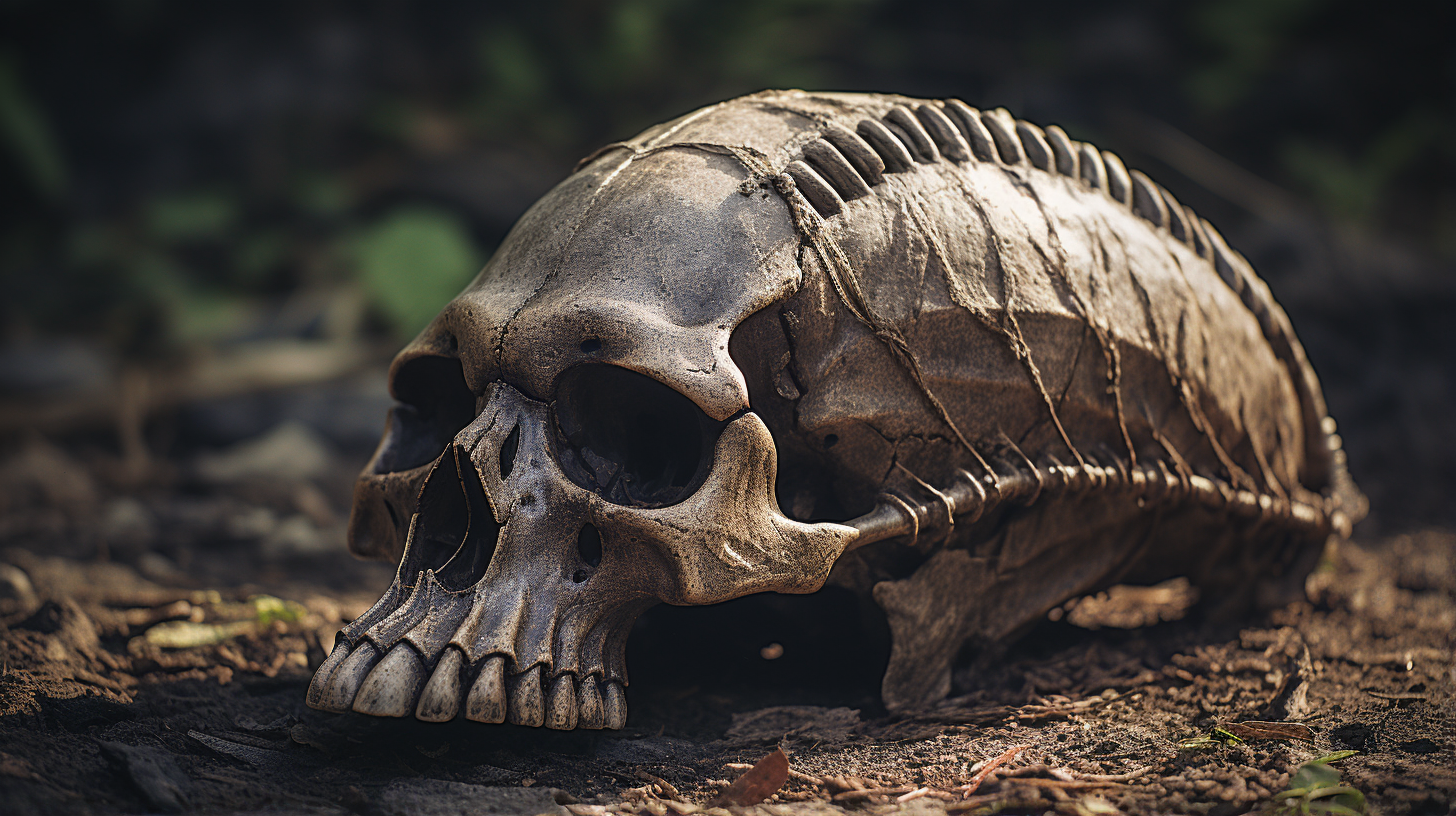In the historical annals of archaeology, certain discoveries have left experts both intrigued and baffled. Such is the case with the peculiar skulls unearthed in the subterranean chambers of Paola, Malta, back in 1907.

These enigmatic skulls have perplexed researchers for decades, with theories ranging from traditional head binding practices to the influence of otherworldly beings.
The remarkable find consists of an estimated 7,000 skeletons, many of which have elongated skulls. These elongated skulls, characterized by their peculiar backward shape, have sparked heated debates among archaeologists and anthropologists.
The traditional explanation for such cranial deformations has often been artificial cranial deformation or head binding, a practice employed by various primitive cultures worldwide.
Head binding involves tightly wrapping the heads of infants before their skulls fully harden, resulting in a distinctively elongated shape. It’s a practice rooted in the worship of deities with elongated skulls, according to historical records. But the question that arises is this: where did the inspiration for these deities come from?

Some daring theorists posit a captivating hypothesis – one that suggests our ancestors may have been visited by flesh-and-blood beings with naturally elongated skulls. Could these beings have been extraterrestrial in origin?
According to this unconventional perspective, our forebears might have endeavored to imitate these visitors, leading to the widespread practice of artificial head binding.
This intriguing theory proposes that ancient peoples across the globe, including those on the Island of Malta, were attempting to emulate beings who bore elongated skulls. Such a notion implies that our ancestors might have regarded these beings as gods or divine figures worthy of emulation.
Today, only a few of the elongated skulls from the hypogeum of Malta remain, residing in the secure confines of the National Museum of Archaeology. These skulls have drawn the attention of researchers Giorgio and Erich, who are allowed rare access to the museum’s collection.
Although the original skulls are temporarily unavailable for study, the duo examines a precise replica.
What they discover is nothing short of astonishing. One of the replicas lacks the sagittal suture, a critical cranial feature. The sagittal suture is a joint that connects the sides and roof of the cranium.
Normally, this suture is present at birth and gradually closes around the age of 35. Its absence in the skulls challenges the conventional explanation of artificial head binding.
Erich and Giorgio are quick to dismiss the idea that these skulls resulted from head binding. Instead, they propose a more radical notion – that these skulls may belong to extraterrestrial beings. In their opinion, the missing sagittal suture is a telltale sign of non-human origins.
Their conclusion, while daring, raises thought-provoking questions. Could these elongated skulls represent a genetic trait resulting from intermingling between giants and the local human population? If so, did this genetic alteration give rise to a distinct type of human in ancient Malta?
The mysteries surrounding these ancient skulls continue to captivate and intrigue. While mainstream archaeology may balk at the unconventional theories, they serve as a reminder that the past is not always as it seems. As we delve deeper into our history, the answers we seek may be more extraordinary than we ever imagined.